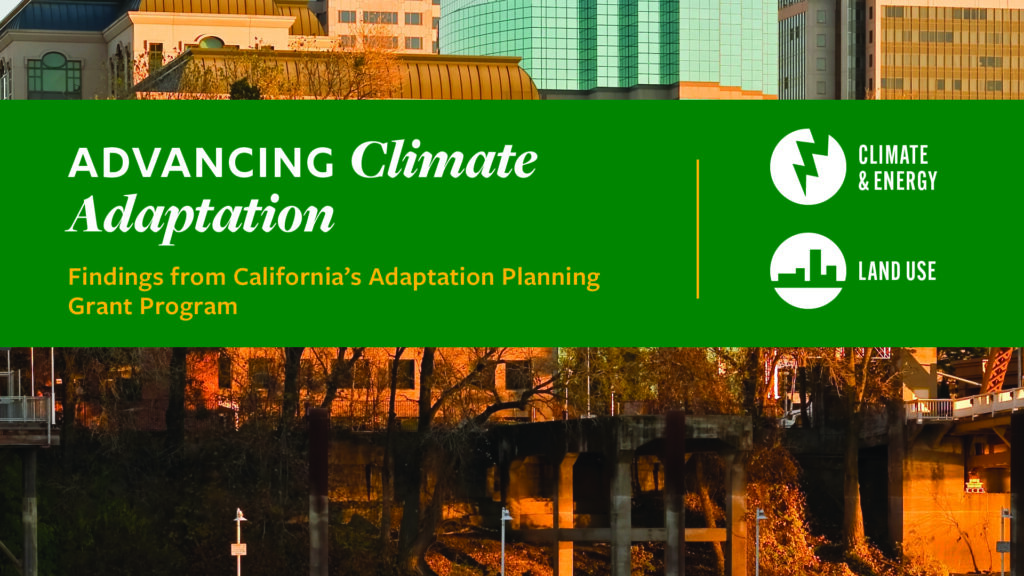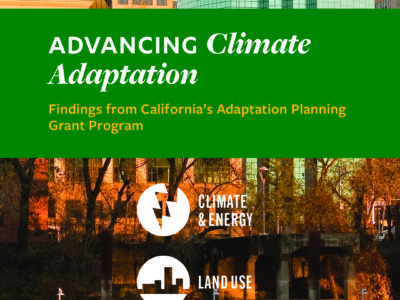It’s no secret that California is on the front lines in the battle against climate change. The Golden State has been hit hard by a string of climate-related disasters – think raging wildfires, relentless droughts, and the ongoing threat of rising sea levels. It’s a situation that demands action, and the clock is ticking. The key to weathering this storm? Climate adaptation. It’s all about building resilience to protect our communities, economy, environment, and public health. But here’s the catch: it takes a serious chunk of change and a commitment to inclusive, integrated planning, especially in the communities that need it most.
California’s Adaptation Funding Landscape
When it comes to adaptation and resilience, California isn’t just sitting on its hands. The state is actively managing a portfolio of grant programs aimed at tackling these issues head-on. But let’s be real – the demand is through the roof, and the competition for these funds is fierce. The Integrated Climate Adaptation and Resiliency Program (ICARP), nestled within the Governor’s Office of Planning and Research (OPR), is at the helm of several grant initiatives, including the Regional Resilience Planning and Implementation Grant Program (RRGP) and the Adaptation Planning Grant Program (APGP), both born out of the 2021-2022 State Budget.
ICARP tapped into the expertise of Berkeley’s Center for Law, Energy & the Environment (CLEE) to take a magnifying glass to the first round of grants from RRGP and APGP, focusing on their effectiveness and how they met their objectives.
Unpacking the Adaptation Planning Grant Program
Hot off the press, CLEE has just dropped its second evaluation report, and it’s all about the Adaptation Planning Grant Program (APGP). Titled “Advancing Climate Adaptation: Findings from California’s Adaptation Planning Grant Program,” this report dives deep into the nitty-gritty of APGP’s first round. It’s a treasure trove of insights, featuring a sweep of the state’s programs that support local and regional adaptation, a breakdown of engagement data, interviews with the first batch of 14 grantees, and a close look at four standout projects.

The report wraps up with a set of recommendations aimed at beefing up future APGP cycles and boosting adaptation funding across California.
Regional Resilience Planning and Implementation Grant Program Analysis
Another critical piece of the puzzle is the RRGP. CLEE’s inaugural review, “The Assessment of RRGP,” zeroes in on the program’s first round. The findings? While there’s a clear demand and enthusiasm for bolstering adaptation and resilience, the resources just aren’t keeping up. The report finishes with a roadmap for enhancing regional strategies to build a climate-resilient California.
California’s Road to Resilience
Adapting to climate change in California is like a complex dance that requires every level of government to move in sync. The takeaway from CLEE’s reports is crystal clear: adaptation and resilience initiatives are underfunded. But there’s a silver lining – the recommendations laid out by CLEE don’t just highlight the gaps; they offer concrete steps to improve and grow the state’s funding efforts for adaptation, ensuring communities can stand strong against the shifting climate landscape.
For California to truly fortify its defenses and secure its future, it’s going to take a steady flow of adaptation funding, a commitment to lifting up equity, the right support for those on the ground, and a coordinated effort between state and federal agencies. As we continue to face new climate challenges, it’s proactive measures that will safeguard our diverse populations and precious natural resources, paving the way for a sustainable and just future for all Californians.
Interested in the full scoop? You can access the complete reports here.
Did you miss our previous article…
https://pardonresearch.com/?p=52557
